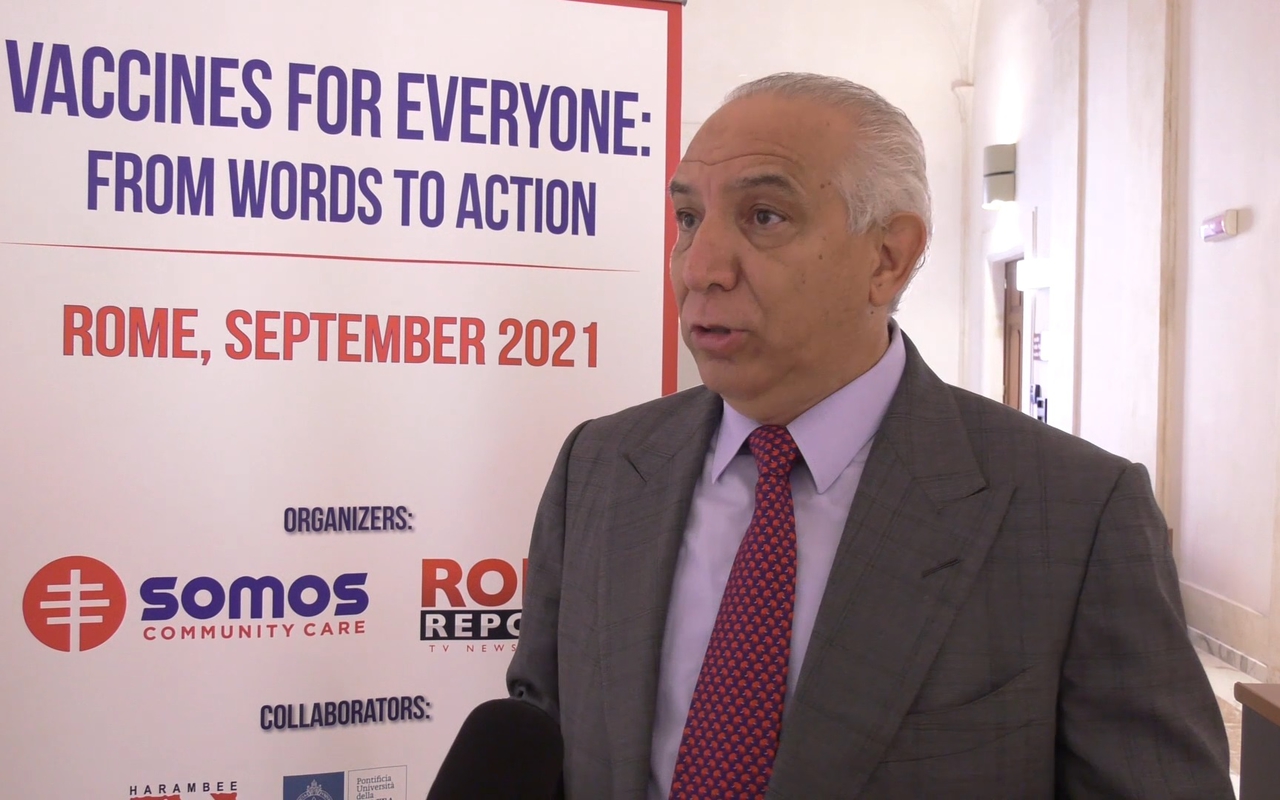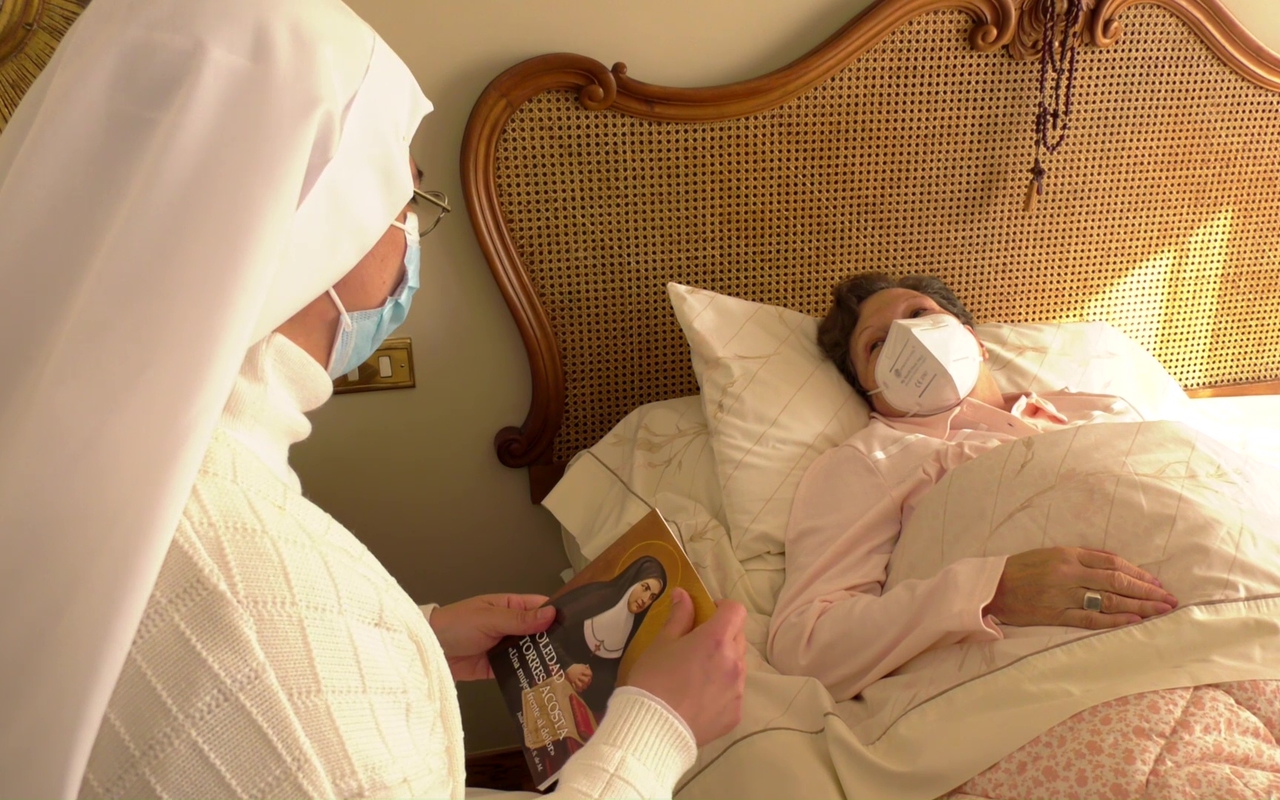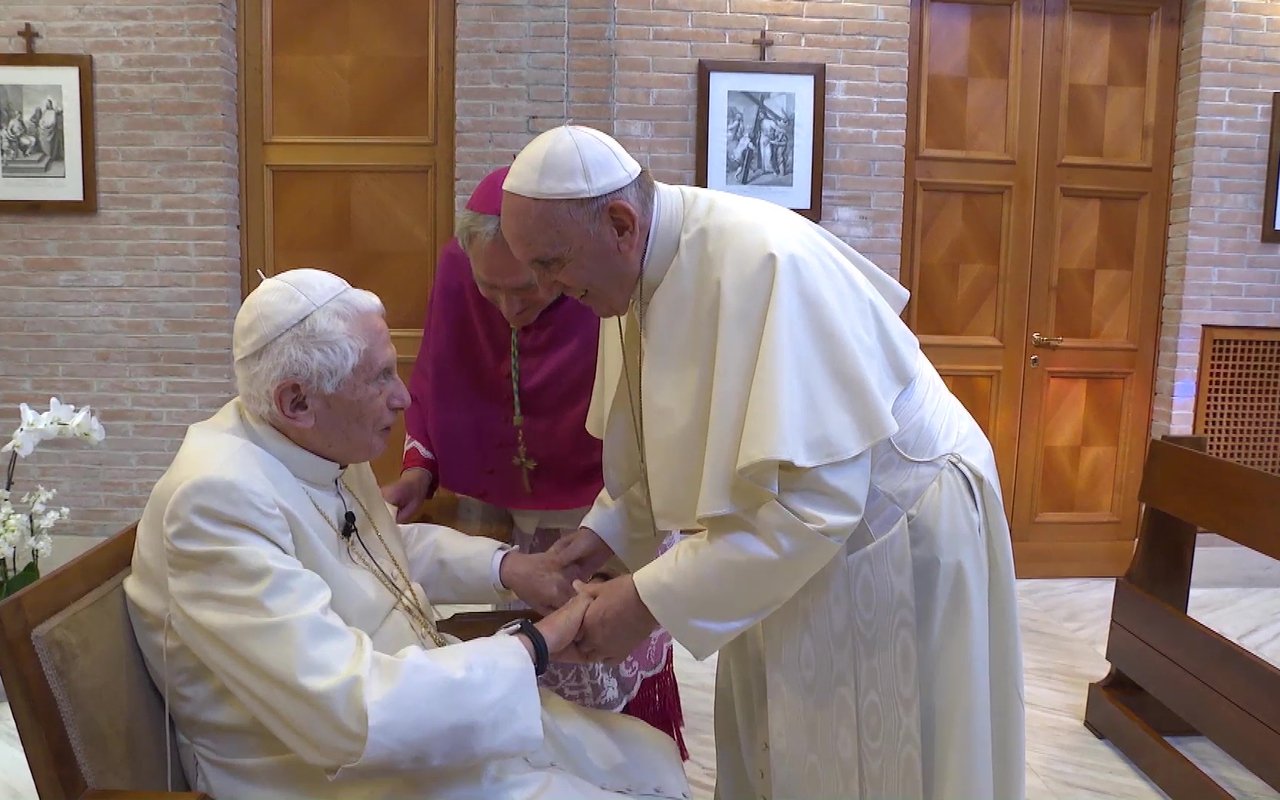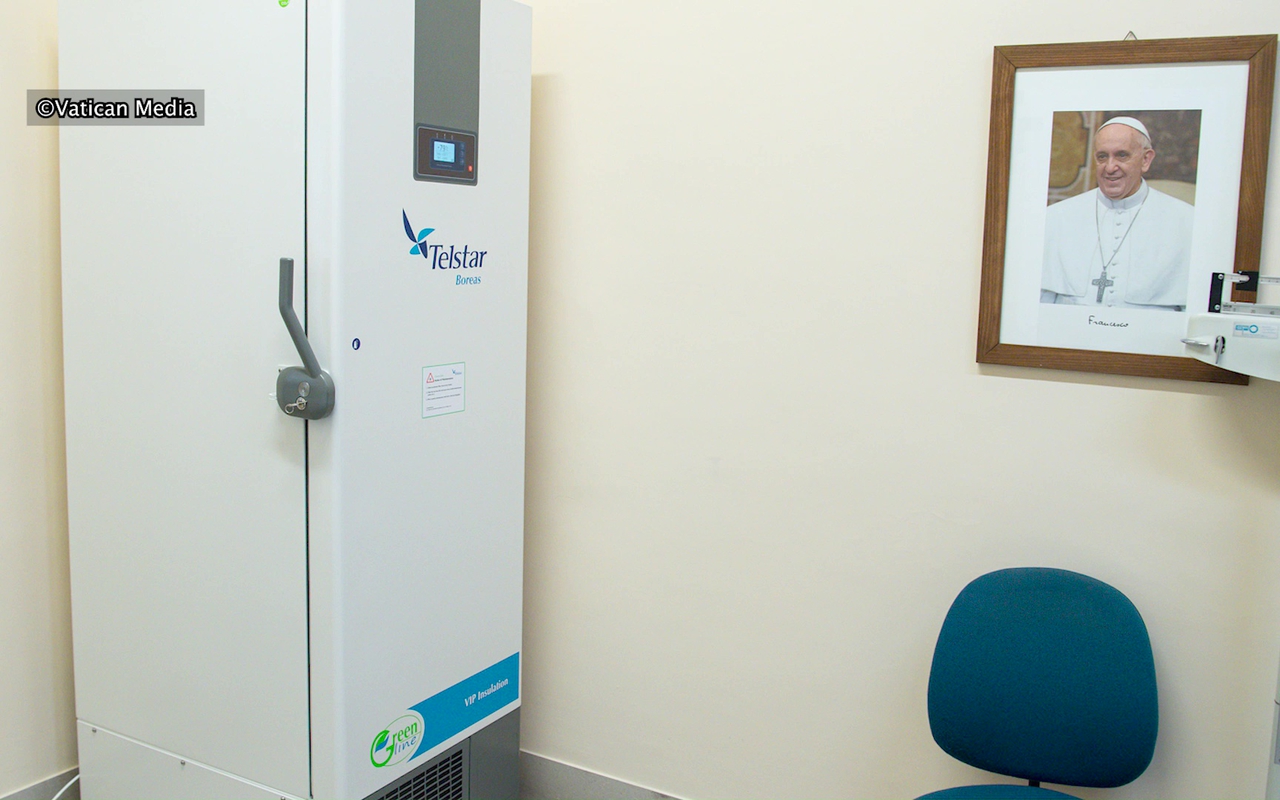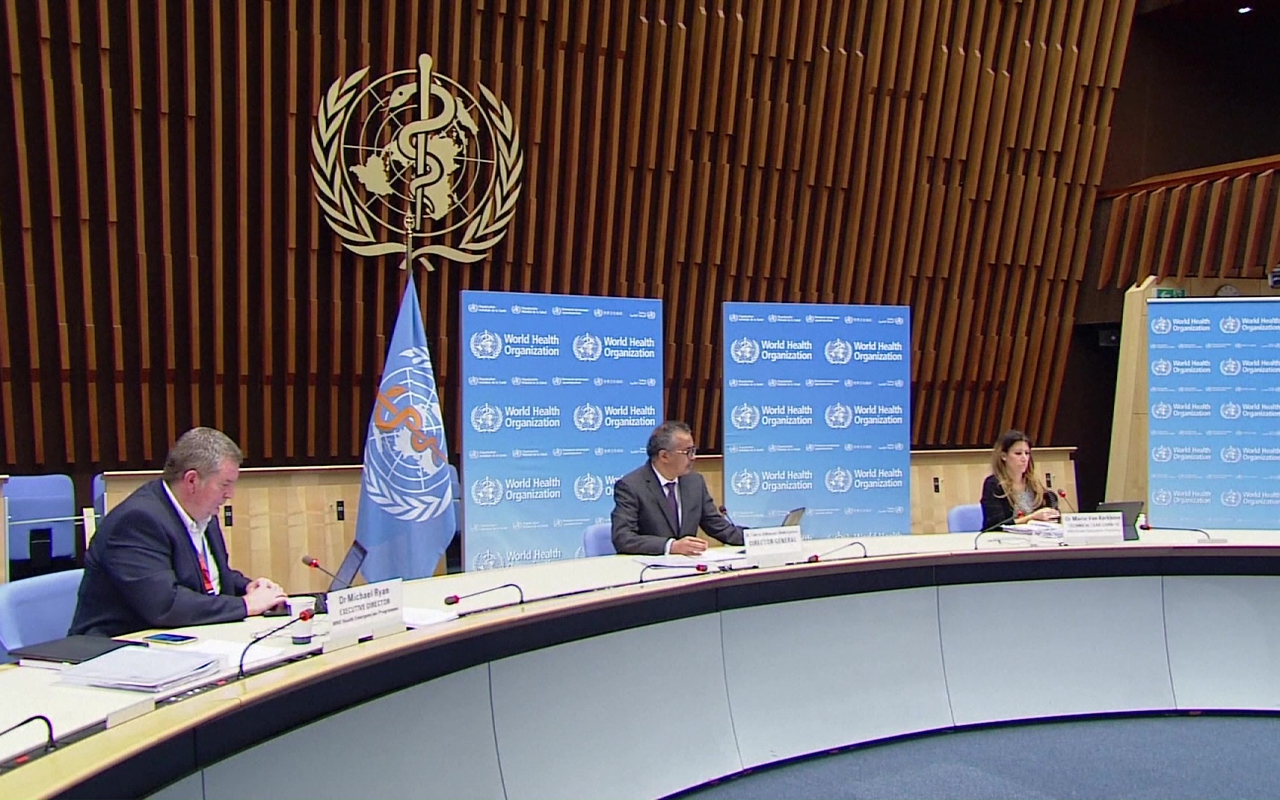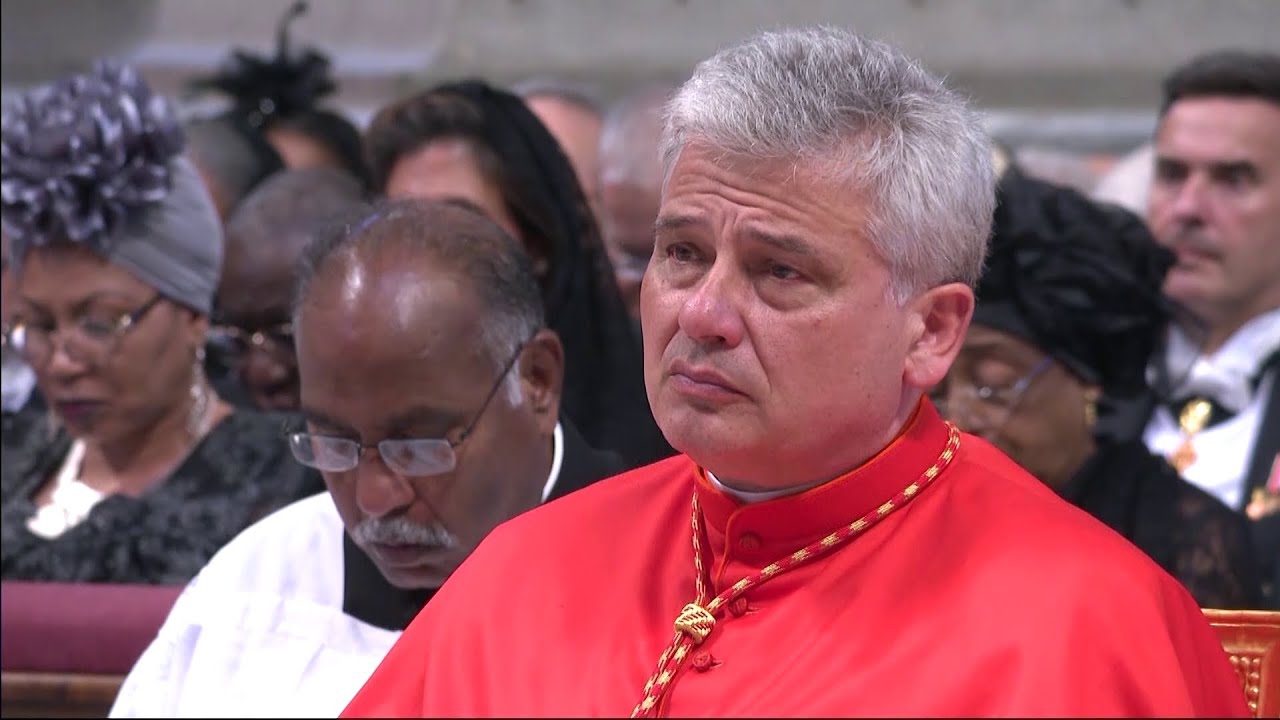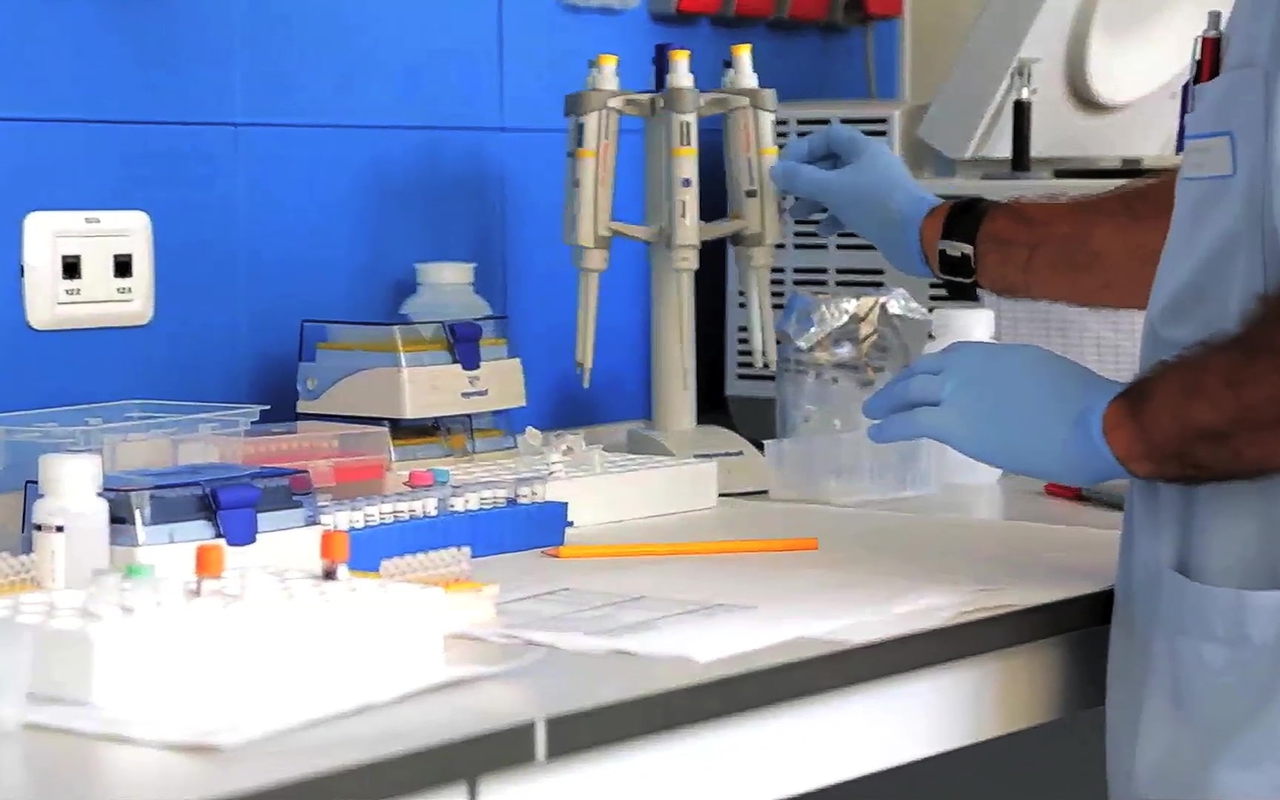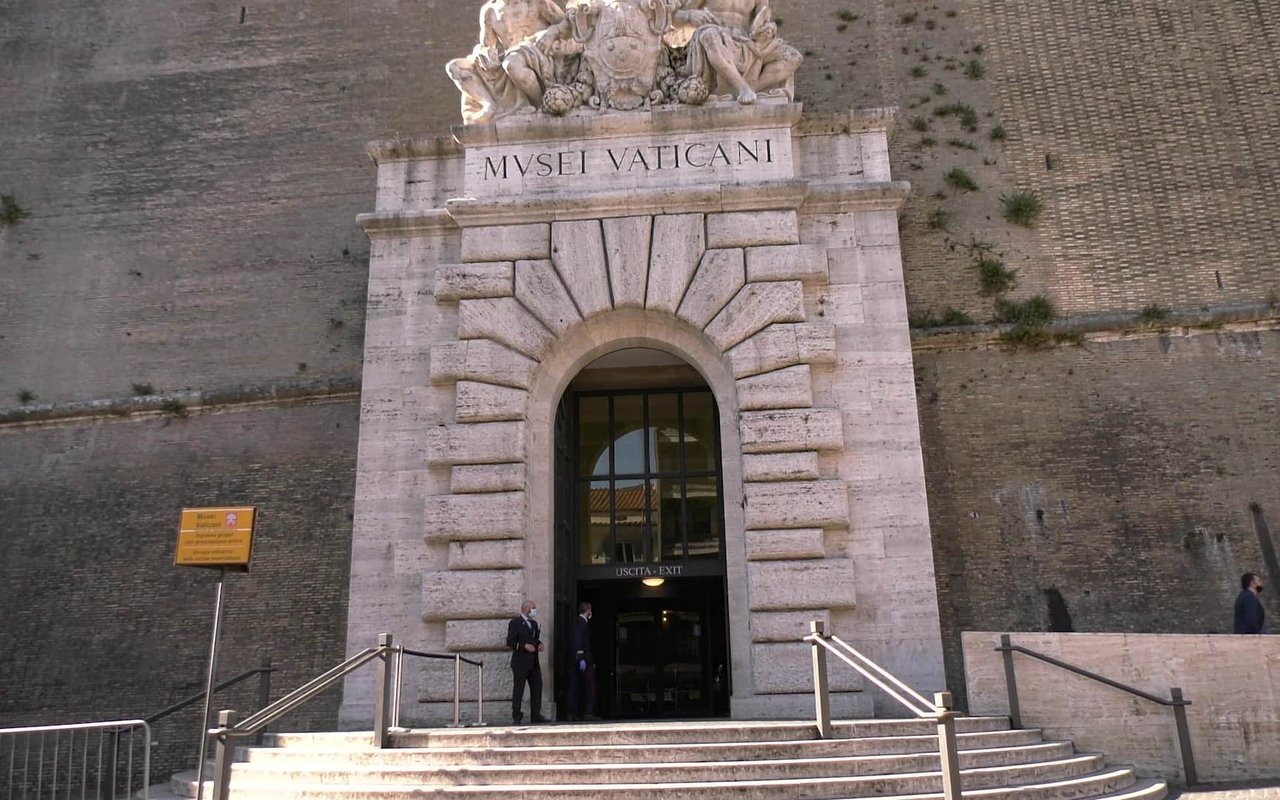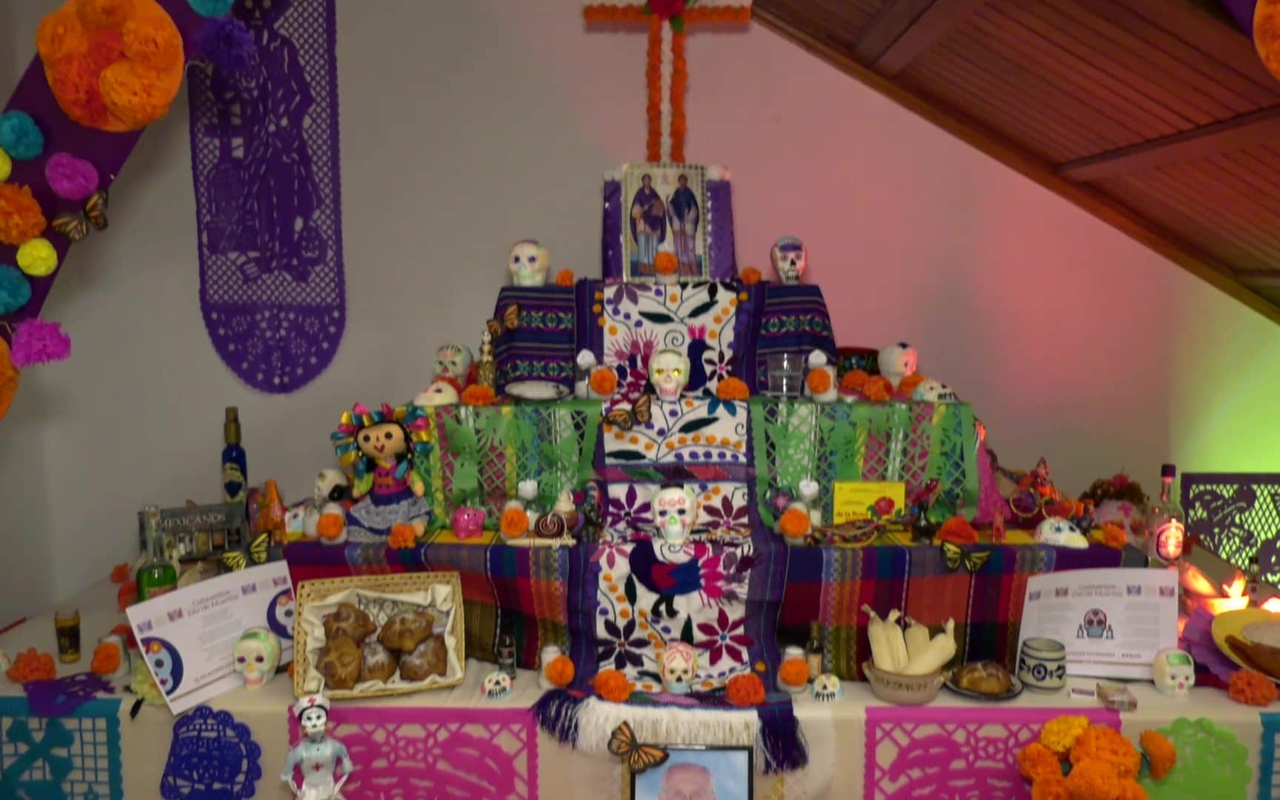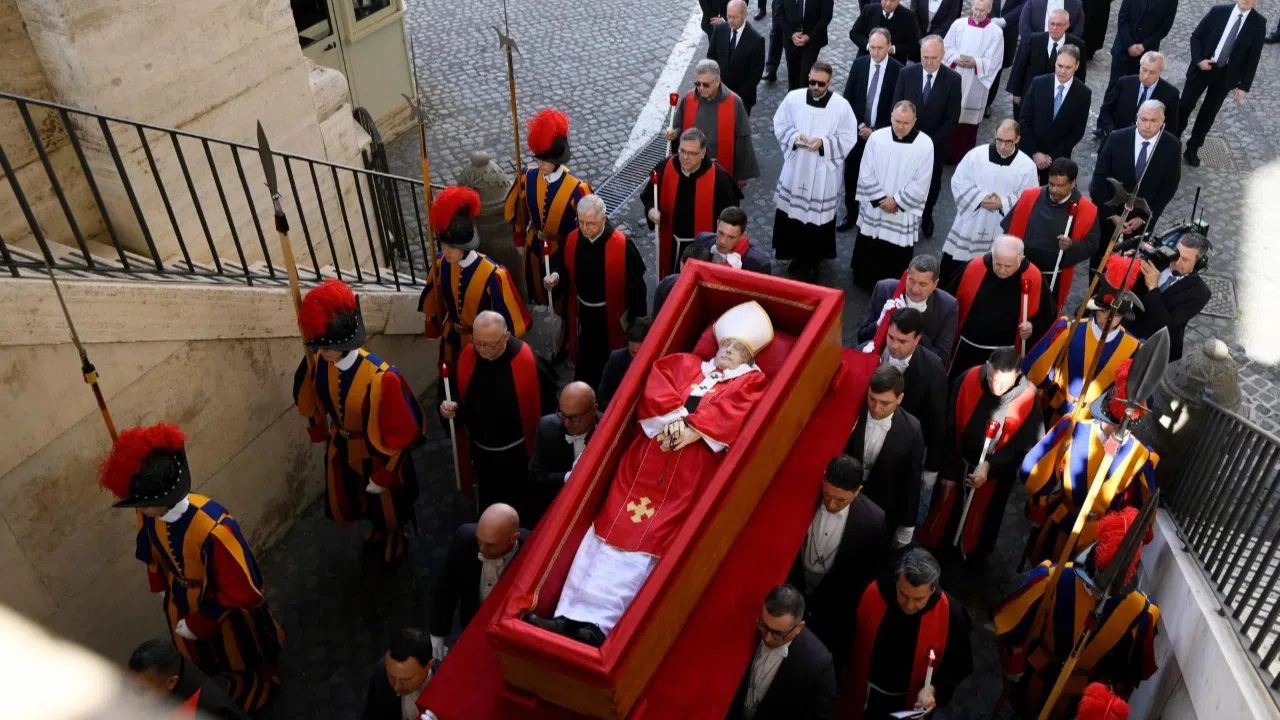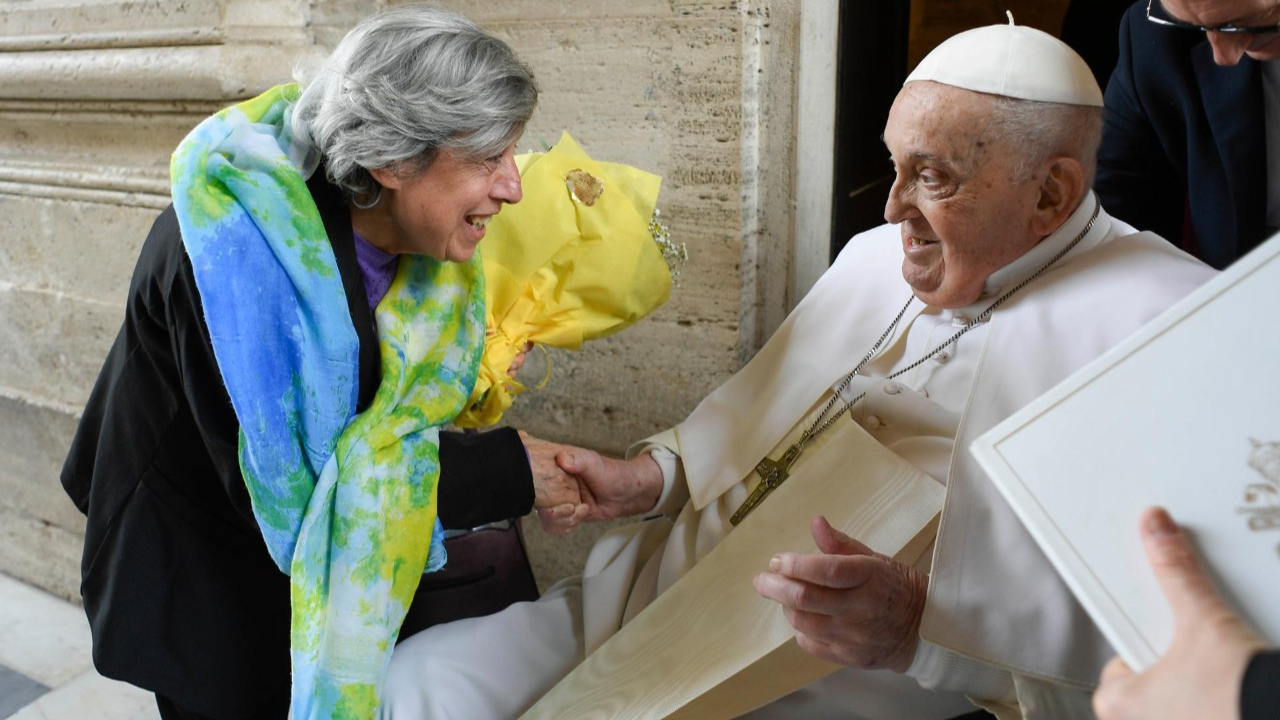After weeks of isolation, the coronavirus makes way for another pandemic: the social pandemic, whose effects can already be felt around the world.
POPE FRANCIS
April 23, 2020
This is another pandemic. It's a social pandemic. [There are] families of people with daily contracts or who unfortunately work under the table, and thus, can no longer work nor put food on the table [for their] kids. Then usurers take the little they do have.
Countries like Italy are preparing to restart the economy. In Italy, the highest numbers of COVID-19 cases were recorded in the regions of Lombardy, Veneto and Emilia-Romagna, considered the peninsula's economic powerhouses.
SALVATORE TOMASELLI
Economist, University of Palermo
“It's like keeping someone from breathing. We know that no one can last more than three minutes without breathing. After three minutes, they start to experience brain damage, and after five minutes, those damages can be irreversible. The economy is the same. The moment businesses stop their activities, people stop having resources. Society starts to fall into poverty.”
Economist Salvatore Tomaselli explains that in front of this drama, government responses will depend on the strength, resources and economic models available to them. He says thinking long-term is crucial.
SALVATORE TOMASELLI
Economist, University of Palermo
“To achieve a long-term goal, you have to build a bridge out of daily actions, which you have to think of before putting them into practice. You have to make decisions as you go. The risk we face in Italy is having too many project ideas and not enough concrete action. The other risk is living day-to-day without a long-term project in mind.”
Although Europe in particular enjoys a well-developed social safety net, the crisis could fuel divisions within the European Union.
SALVATORE TOMASELLI
Economist, University of Palermo
“Existing divisions could be further exacerbated by any errors committed by the European Union, or by any incapacity shown by European authorities.”
The consequences of the social pandemic pose a huge threat to poorer countries. According to the International Labour Organization, this crisis affects approximately 1.6 billion workers in the informal economy. That means nearly half of the global working population risks losing its livelihood.
Daniel Díaz Vizzi
Translation: Claudia Torres
